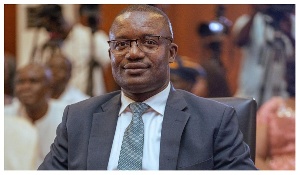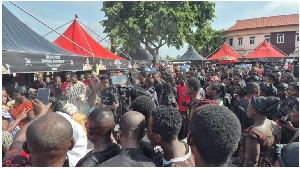Business News of Friday, 23 May 2025
Source: www.ghanawebbers.com
Editorial: Long-term viability of energy systems
Last week, Minister of Energy John Jinapor warned about a potential power crisis. He revealed that Ghana had less than three days' worth of liquid fuel for electricity generation. The ministry is working quickly to secure billions of cedis for new fuel supplies. Fortunately, the delivery of liquid fuels has resolved the immediate issue.
The National Democratic Congress (NDC) promised a 24-hour economy before the 2024 elections. However, this plan relies on a stable electricity supply. Unstable power has been a long-standing problem in Ghana. The term "dumsor" was created in 2013 to describe this ongoing issue.
Studies show that power outages cost Ghana's economy $2.1 billion annually, affecting everyone (World Bank, 2022). There is growing agreement that expanding access to electricity is not enough. Reliability, affordability, and accountability are also crucial for sustainable energy.
To tackle issues related to electricity access and reliability, Ghana needs better policies and regulations. Policymakers must ensure fair energy distribution to support the 24-hour economy initiative. Achieving universal energy access will be challenging but necessary.
Energy reliability is not just a technical issue; it requires cooperation from all stakeholders. Additionally, over 60% of Ghana's energy comes from thermal power (Energy Commission of Ghana, 2023). This heavy reliance raises significant environmental concerns.











